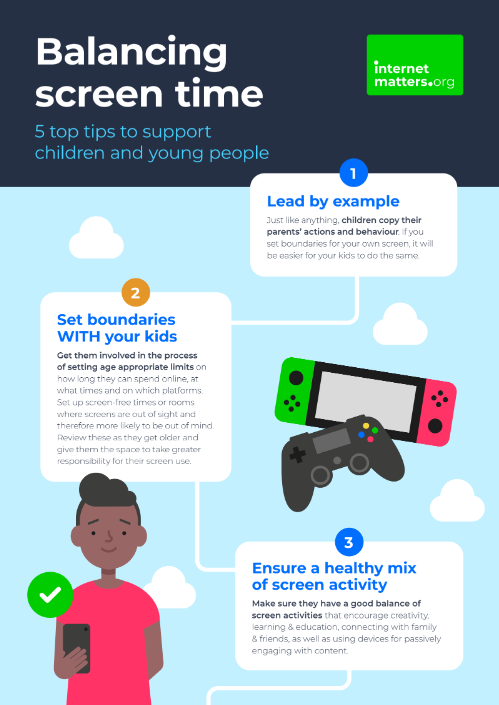 Parents/caregivers play a critical role in teaching their children about consent. Speaking openly and honestly with your children can help them develop healthy relationships with others as they grow up.
Parents/caregivers play a critical role in teaching their children about consent. Speaking openly and honestly with your children can help them develop healthy relationships with others as they grow up.
Parents / Caregivers
If you are the parent/caregiver of a secondary-school age student, you will be able to avail of a parents’ seminar if our Active* Consent Schools Workshop is programmed at your school. Learn more here »
Part of being able to speak with them is educating yourself about the experiences of young people today as well as basic definitions of consent, sexual violence and harassment.
We also give you access here to materials that we’ve developed for college staff, students and student leaders. These materials will:
- Familiarise you with basic definitions of consent, sexual violence and harassment
- Give you access to data on consent attitudes and rates of sexual violence and harassment for college-age students
- Introduce you to basic language for receiving a disclosure of sexual violence
Click through the slider below to access our resources.

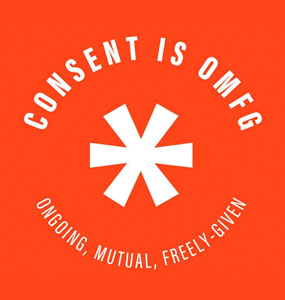

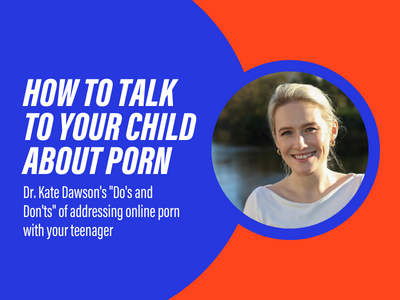
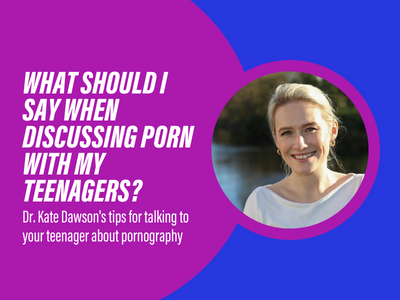
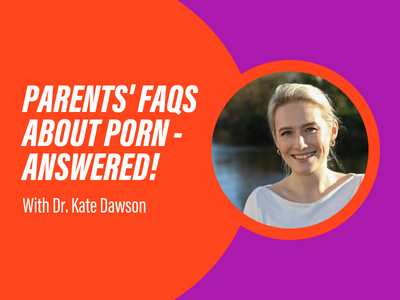

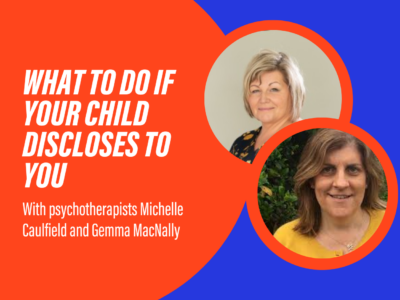
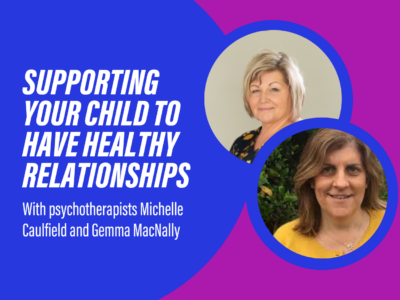
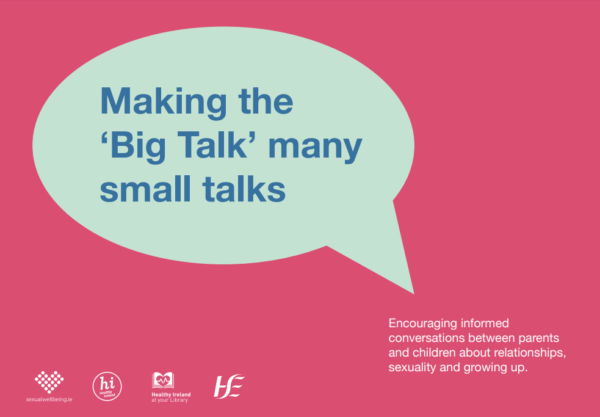 Lay the foundation of good communication with your children by talking to them regularly and from a young age about relationships and sexuality. This will help your children as they navigate the ups and downs of childhood, adolescence and young adulthood.
Lay the foundation of good communication with your children by talking to them regularly and from a young age about relationships and sexuality. This will help your children as they navigate the ups and downs of childhood, adolescence and young adulthood.